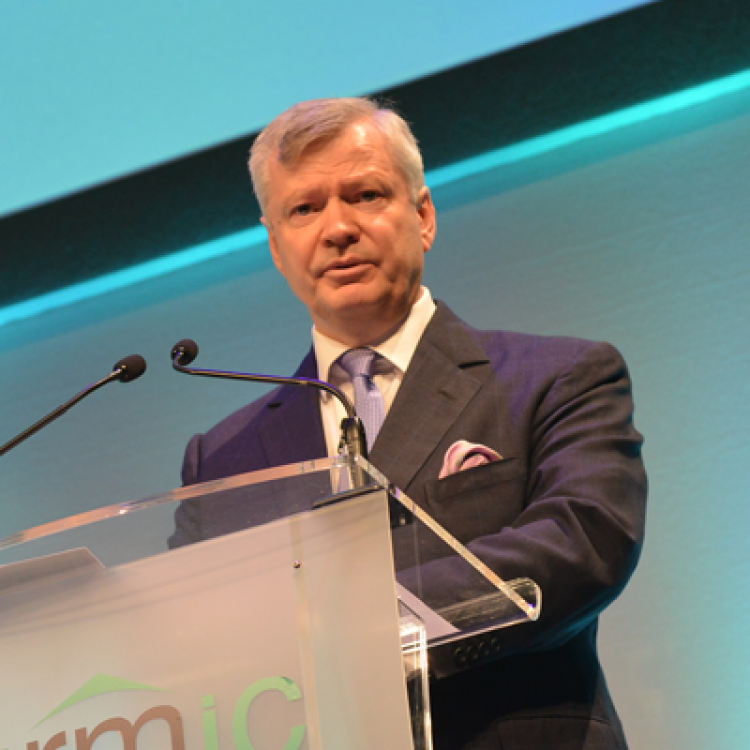John Ludlow urges insurers to give earlier warning of price hikes

Short notice is harming renewal process, Airmic CEO warns.
Insurers should give more warning about price rises to corporate policyholders if they are to "protect valued relationships", Airmic's chief executive, John Ludlow, urged the market in his opening speech at Airmic's annual conference in Harrogate in June.
Noting that renewals are becoming "more challenging" in some industries and some lines, he said that "the dash for market share is over" and underwriting decisions are "more discerning".
"It is in these conditions that experienced insurance buyers can really demonstrate their value. However, I would also plea to insurers that changes made to your risk appetite are clearly signalled to policyholders.
"Several members have reported being given little notice that an insurer is changing its strategy, and in some cases this is preventing members from managing the expectations of their business leaders, and even having to delay renewal."
Mr Ludlow added that insurers should "protect valued relationships" by signalling their intentions "as early as possible" to ensure a smooth renewal process.
Risk partnerships - further to go
Airmic's chief executive also had praise for the insurance industry, revealing that Airmic's 2019 member survey revealed that insurers are doing more to expand their services beyond products, especially when it comes to intangible risks:
"We have said for some time that our members want more than just insurance, vital as that continues to be. They want a risk partnership - support in making their businesses resilient."
There is, however, much further to go, he stressed. "We need a change of mind-set from both parties. For insurers, advising clients how to reduce risk and add strategic value must become a priority. As for risk managers, they must become more proactive in seeking help. They must do more to acquire and share internal risk information. Both parties will benefit."
The new world: winners and losers
Mr Ludlow used his opening speech to set the scene for the theme of the conference, New World, New Solutions. We are in the early stages of a technology-driven revolution that will have unforeseen and unintended consequences, "some good and great; some dark and challenging," he warned:
"Eventually this revolution will make the world a more prosperous place, and our jobs will certainly be more interesting and demanding. But there will be many losers and just a few winners."
The key message for businesses, he noted, is that risk and reward go together. "Organisations that embrace risk and technology will find it easier and safer to take advantage of all the opportunities out there. Risk and reward go together. They are two sides of the same coin.
"Fortune favours the brave but courage without caution often leads to folly. This is the message we have to get across."
Call to action
The risk profession must do more to bring risk management fully into the boardroom, he said: "Let me ask you this. Do you know your boards' strategic objectives and the priorities for the coming year? Do you treat strategic and tactical risk in a different way to operational risk and compliance? Do you work across the organisation to build a risk alliance for joined up thinking on risks? These are the sorts of questions we all should be asking."
According to Mr Ludlow, the conference theme was a "call to action" to both risk professionals and insurers, noting that both professions will have to adapt and re-skill in order to address the challenging questions being thrown up by the current and future business environment.
In his speech, Mr Ludlow made clear that although there are challenges ahead, the profession is in a very strong position:
"I have been in the business of risk for many years. I can honestly say that the future of the profession has never been more exciting. The calibre of our members is exceptional, and it's up to us to grow our knowledge, our networks, and our influence."
